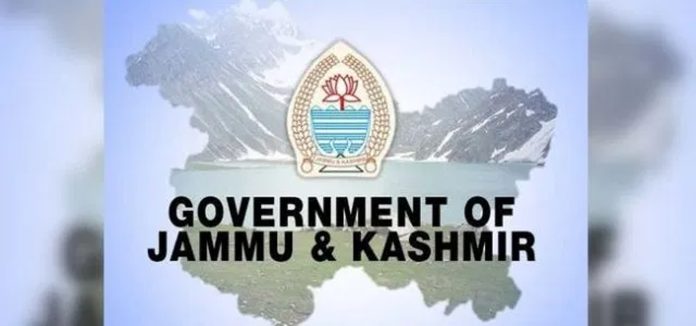Srinagar, Dec 8: Jammu & Kashmir Government provided transport service to 12,497 tribal communities and transported more than 1.56 lakh livestock under biannual migration (transhumance) from Kashmir valley to Jammu.
The Tribal seasonal migration from highland pastures ends with onset of snowfall in the Kashmir valley and the Government under its initiative for supporting biannual migration, 12,497 tribal communities provided transport service along with the 1,56,215 livestock.
The scheme initiated by the Tribal Affairs Department in 2021 is being implemented through District Administrations under supervision of Deputy Commissioners and transport fleet provided by the J&K Road Transport Corporation, an official spokesman said.
Tribal seasonal migration from highland pastures ends with onset of snowfall in Kashmir and enables them to save Rs 74.18 Crore for migration.
More than 12,000 families and around 70,000 people benefited under the initiative this year which is the highest since the launch of the initiative.
These include 86,192 from Anantnag, 22,221 from Ramban, 12,714 from Kulgam, 10,223 from Pulwama, 9758 from Ganderbal, 6897 from Shopian, 3593 from Srinagar, 17,48 from Budgam, 1717 from Bandipora and 1152 from Baramulla. The arrangements at district level were supervised by the respective Deputy Commissioners.
The concept of transport service was introduced after the 1st International Conference on Transhumance held in Albania in 2021 and shared International best practices for sustaining transhumance and supporting the pastoral communities in migration to avoid conflict, mitigate losses and establish institutional mechanisms.
Secretary, Tribal Affairs Department, Dr Shahid Iqbal Choudhary informed that as per 2021 survey conducted by the department, tribal families possess an average livestock of 12.48 and family size is 5.8.
This year total livestock numbering 1.56 lakh was transported along with the families from various districts of Kashmir to Jammu.
An evidence-based approach to public policy has been introduced to acknowledge the rangeland management and environmental conservation services provided by the migratory tribal families based on which transport service is being provided as an incentive.
Choudhary informed that at an average each family saves 20 days of transit and taking into account man-days and prevailing wage rates there is saving of Rs 20,380 per family of 3 adults and additional saving of transport costs up to Rs 40,000.
He said that notional savings of these families during the current migration season is Rs 25.46 Crore for days saved and Rs 48.72 Cr for transportation and other expenses.
These initiatives lead to poverty reduction and also safeguarding the livestock against losses related to accidents, exhaustion deaths and climatic conditions.
Home Latest News Over 12K Tribal Families Provided Transport Facilities Under Transhumance From Kashmir Valley


